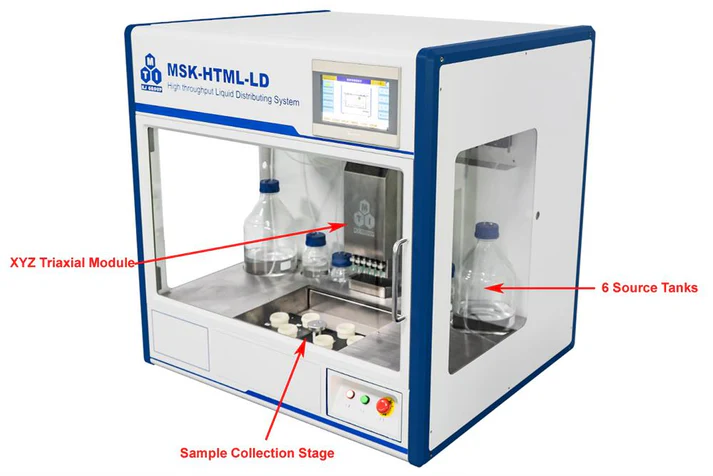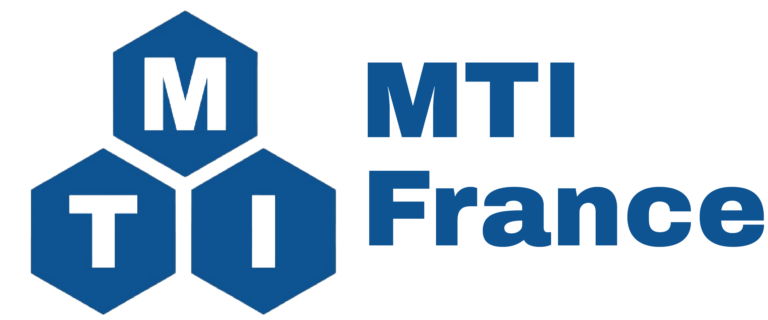Breakthrough in Electrolyte Design
The push for higher-performing lithium metal batteries (LMBs) is critical to the future of electric vehicles, grid storage, and portable electronics. Traditional electrolytes have been constrained by a fundamental trade-off:
- Solvent-dominated solvation allows for fast lithium-ion migration but results in fragile organic-rich interphases that degrade quickly.
- Anion-dominated solvation stabilizes interphases but slows ion transport and reduces overall performance.
“
“Delocalized electrolyte design enables 600 Wh kg⁻¹ lithium metal pouch cells”
A recent Nature article, “Delocalized electrolyte design enables 600 Wh kg⁻¹ lithium metal pouch cells”, reported a major milestone in lithium metal battery (LMB) research. The authors introduced a delocalized electrolyte design that breaks away from conventional single-solvation strategies. Instead of relying on a single “dominant” solvation structure, they intentionally introduced diverse solvents and lithium salts to create a highly disordered solvation microenvironment. This design balances the strengths of both solvent- and anion-dominated structures, reducing energy barriers for ion transport while forming robust, multi-component solid-electrolyte interphases (SEI) and cathode-electrolyte interphases (CEI).
By integrating AI-driven clustering analysis, density functional theory (DFT), and molecular dynamics simulations, the team identified combinations of solvents and salts that promote this delocalized state. The result was a class of electrolytes capable of achieving remarkable milestones:
- >600 Wh kg⁻¹ energy density in pouch cells
- Stable cycling of Ah-scale pouch cells with lean and ultralean electrolyte designs.
- Enhanced safety, with reduced gas release and superior stability under abuse tests (such as nail penetration).
This breakthrough not only demonstrates that electrolyte chemistry can be reimagined but also paves the way for practical high-energy batteries, bridging the gap between lab-scale innovation and real-world applications.
Validation through Systematic Experimentation
To validate the new electrolyte system, the researchers conducted a rigorous workflow:
- Electrolyte screening with AI-assisted clustering and density functional theory (DFT) calculations to identify optimal solvents and salts.
- Performance testing in coin cells, Ah-level pouch cells, and a 3.9 kWh battery pack.
- Characterization of interphases using synchrotron-based scattering, Raman spectroscopy, NMR, and post-mortem microscopy to confirm solid-electrolyte interphases (SEI) and cathode-electrolyte interphases (CEI).
This intensive validation required precise and reproducible electrolyte preparation, highlighting the need for automatic liquid dispensing systems to ensure reliability and scalability in high-throughput battery research.
Introducing MSK-HTML-LD
The Compact Liquid Dispensing System MSK-HTML-LD is designed to meet exactly these needs in electrolyte and materials research workflows.

Key Features
- High-precision dispensing: 6-channel metering pumps (0.1–20 mL per dispense)
- Accuracy: ±7 µL (0.1 mL) / ±0.1 mL (10 mL)
- Reproducibility: CV ≤ 1–7%
- Three-axis robotic platform: Servo-driven XYZ movement
- X: 420 mm | Y: 270 mm | Z: 140 mm
Capacity & Scalability
- Standard: 6 sample containers (30 mL each)
- Customizable: up to 64 containers (2–500 mL capacity options)
- Optional: heating bath (up to 80 °C)
Performance
- Throughput: ~400 samples / 8 hours
- Contamination prevention: PTFE-lined pumps, auto-wash function
Control & Software
- PLC + PC-based control system
- Recipe editing and step programming
- Automatic data recording & Excel export
Utilities
- Power: 220 VAC, single-phase, 50 Hz, 1 kW
- Gas: Inert gas tank or air compressor (0.5–0.8 MPa, regulator required)
- Environment: 25 ± 3 °C, 30–90% RH, cleanroom ≤ Class 1,000,000
In the context of advanced battery research, the MSK-HTML-LD offers a powerful solution to streamline experimental workflows. By automating precise electrolyte dispensing, it reduces human error, enhances reproducibility, and accelerates discovery in high-throughput environments.
For more information and other automation equipment, please contact contact@accessr-energy.eu


